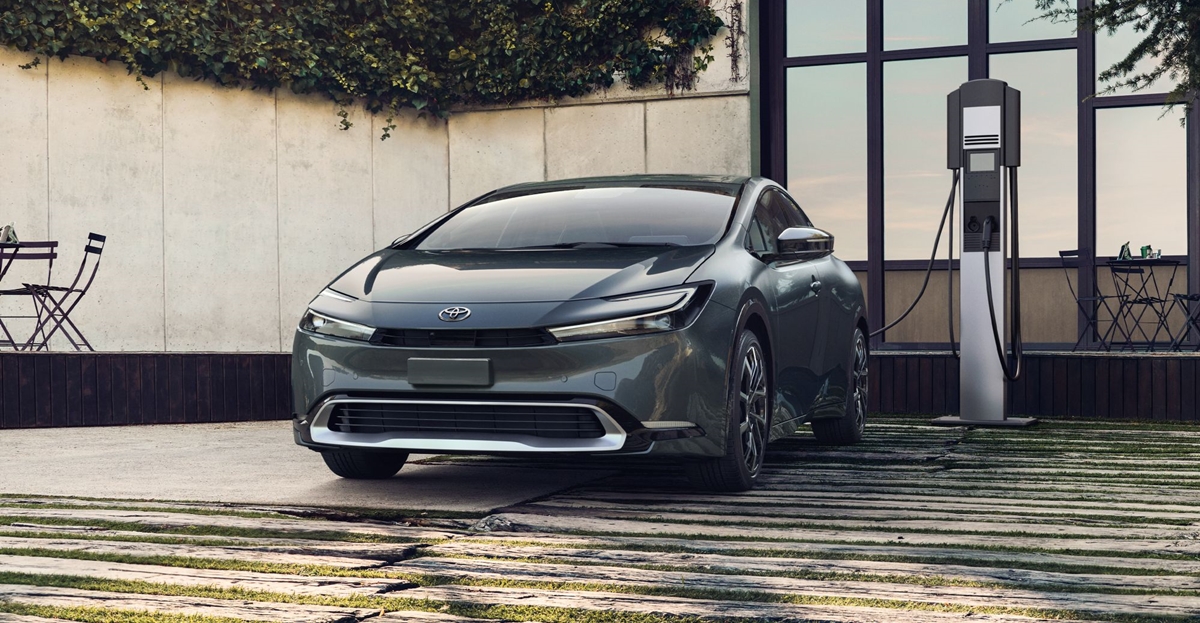Why Bulgaria’s Car Market Is Gaining Global Attention
Did you know that new passenger car registrations in Bulgaria surged by over 18% in early 2025 compared to the previous year? This isn’t just a blip—it’s a sign of a booming automotive sector that’s transforming Eastern Europe’s transportation landscape.
In this blog, we explore the latest registration statistics, emerging consumer preferences, leading manufacturers, and expert forecasts for the Bulgarian car market. Whether you’re a car enthusiast, an investor, or simply curious about Eastern Europe’s mobility revolution, this guide has you covered.
Overview of New Passenger Car Registrations in Bulgaria (2025)

Current Market Snapshot
As of Q1 2025, Bulgaria’s new car registrations increased by 18.3%, according to data from the European Automobile Manufacturers Association (ACEA). This growth reflects a recovering economy, increasing consumer confidence, and a rising demand for fuel-efficient and electric vehicles.
- Q1 2024: 9,100 new cars registered
- Q1 2025: 10,765 new cars registered
- YoY Growth: +18.3%
These numbers highlight a consistent post-pandemic recovery, aligning Bulgaria with broader EU trends in sustainable transportation.
Top Car Brands Dominating Bulgarian Roads
Most Popular Passenger Car Brands (2025 So Far)
The Bulgarian market is currently dominated by value-oriented yet reliable automakers, with a growing interest in electric mobility:
| Rank | Brand | Market Share | Notable Models |
|---|---|---|---|
| 1 | Dacia | 19.5% | Dacia Sandero, Duster |
| 2 | Toyota | 13.7% | Corolla, Yaris Cross |
| 3 | Skoda | 11.9% | Octavia, Fabia |
| 4 | Renault | 10.4% | Clio, Captur |
| 5 | Volkswagen | 9.8% | Polo, T-Roc |
Dacia continues to thrive due to its affordability, while Toyota is gaining traction among eco-conscious buyers with its hybrid lineup.
Electric Vehicle Registrations: A Growing Segment
EV Penetration in the Bulgarian Market
In 2025, electric vehicles (EVs) now account for 6.2% of new car registrations, up from just 3.8% in 2023. Incentives such as government subsidies, tax exemptions, and free municipal parking are contributing to this uptick.
Top-selling EVs in Bulgaria (2025):
- Tesla Model 3
- Renault Zoe
- Dacia Spring Electric
- VW ID.3
- Nissan Leaf
Related Reading: Electric Vehicle Trends in Eastern Europe – NewsNominal
What’s Driving This Growth?

Key Factors Behind Bulgaria’s Automotive Boom
- Economic Recovery Post-COVID-19
Renewed consumer spending has led to increased vehicle purchases, particularly for family and compact cars. - EU Support and Environmental Policies
Bulgaria benefits from EU mobility grants and infrastructure support, accelerating EV adoption and road safety improvements. - Digital Dealerships and Online Car Buying
Platforms like Mobile.bg and cars.bg now offer end-to-end digital car purchase solutions, increasing accessibility. - Urbanization and Commuting Patterns
Increased urban migration is pushing demand for compact, fuel-efficient city cars.
Regional Highlights and Urban Trends
Cities with the Highest Registrations
- Sofia: Leads in both EV and luxury vehicle purchases.
- Plovdiv: Seeing rapid growth in Dacia and Toyota models.
- Varna: Popular for compact hybrids among young professionals.
These trends reflect changing urban lifestyles and the preference for mobility solutions suited for dense city environments.
Predictions for the Rest of 2025
Where Is Bulgaria’s Auto Market Headed?
- EV Market Share Expected to Cross 10% by End of 2025
- More Chinese Manufacturers Entering the Market (e.g., BYD, MG)
- Rise in Subscription-Based Car Ownership Models
- Increased Government Focus on Used EV Imports
Experts forecast Bulgaria will align with EU climate goals faster than expected, especially with increased pressure to phase out ICE vehicles in the coming decade.
Comparing Bulgaria with Neighboring Markets
While Bulgaria is progressing, Romania and Greece are ahead in EV infrastructure, while Serbia and North Macedonia lag behind in new car adoption.
| Country | New Car Growth Rate (2025) | EV Adoption Rate |
|---|---|---|
| Bulgaria | 18.3% | 6.2% |
| Romania | 21.5% | 7.4% |
| Greece | 14.9% | 8.1% |
| Serbia | 8.4% | 2.3% |
Challenges the Bulgarian Market Must Overcome

Barriers to Sustained Growth
- Limited EV Charging Infrastructure
- High Import Taxes on Certain Models
- Dependence on Used Vehicle Imports
- Lack of Unified Environmental Regulation Enforcement
While growth is strong, these hurdles must be addressed for long-term success.
Conclusion: Bulgaria’s Car Market Is on the Fast Track
The surge in new passenger car registrations in Bulgaria is a promising indicator of a healthy, evolving automotive market. With rising demand for electric and hybrid vehicles, strategic urban development, and growing middle-class spending, Bulgaria is cementing its role as a key automotive hub in Eastern Europe.
Frequently Asked Questions (FAQs)
Q1. How many new cars were registered in Bulgaria in 2025 so far?
A1. As of Q1 2025, Bulgaria registered 10,765 new passenger cars, marking an 18.3% increase over the same period in 2024.
Q2. Which car brand is the most popular in Bulgaria?
A2. Dacia remains the most popular brand, especially for its affordable models like the Duster and Sandero.
Q3. Are electric cars becoming popular in Bulgaria?
A3. Yes, EV registrations have more than doubled since 2023, making up 6.2% of all new car registrations in early 2025.
Q4. Why is the Bulgarian car market growing so fast?
A4. Economic recovery, EU incentives, and digital transformation in car sales are major contributors to the growth.
Interested in more insights into the Bulgarian and Eastern European car markets?
👉 Subscribe to NewsNominal for weekly updates, expert breakdowns, and real-time mobility trends.








